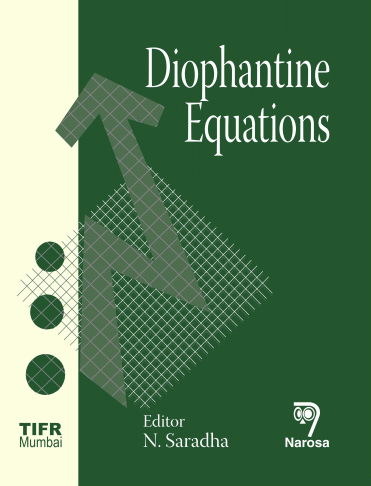About the book The field of Diophantine Equations has a long and rich history. It received an impetus with the advent of Baker’s theory of linear forms in logarithms, in the 1960’s. Professor T.N. Shorey’s contributions to Diophantine equations based on Baker’s theory is widely acclaimed. An international conference was held in his honour at the Tata Institute of Fundamental Research, Mumbai during December 16–20, 2005. This volume has evolved out of the conference and it reflects various aspects of exponential Diophantine equations. |



